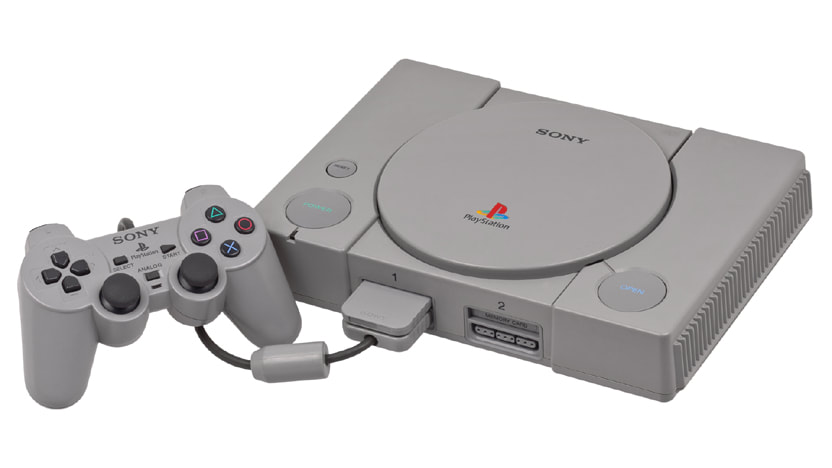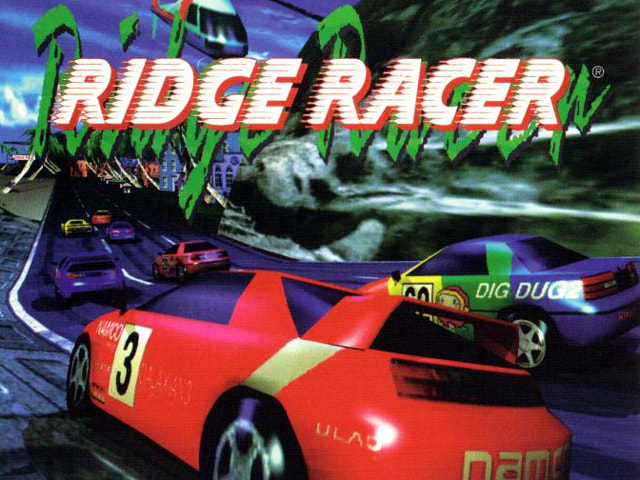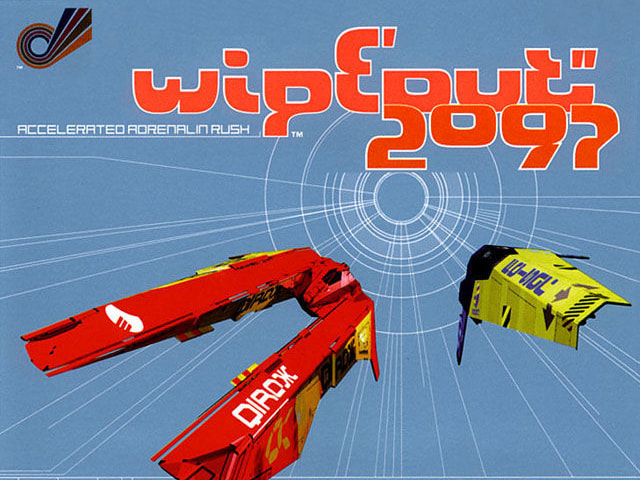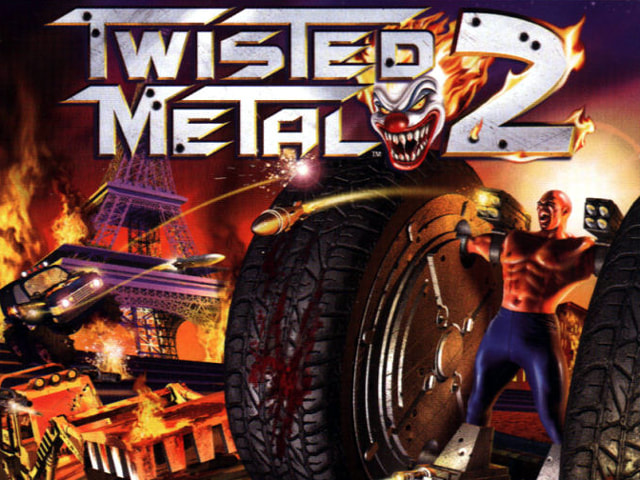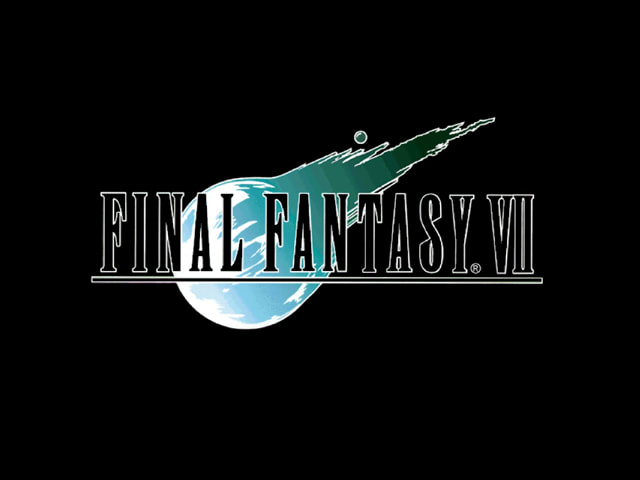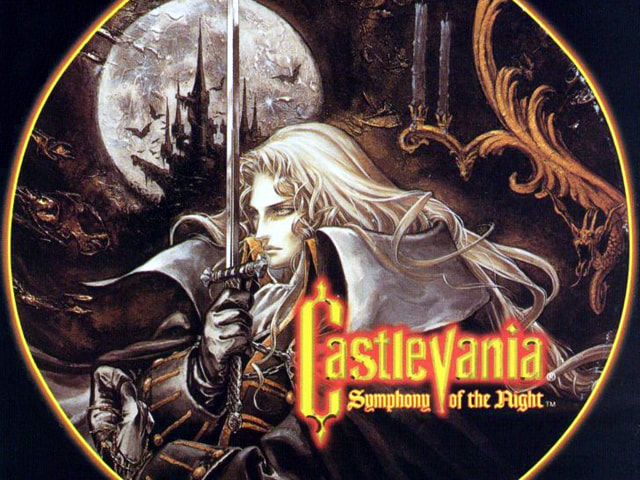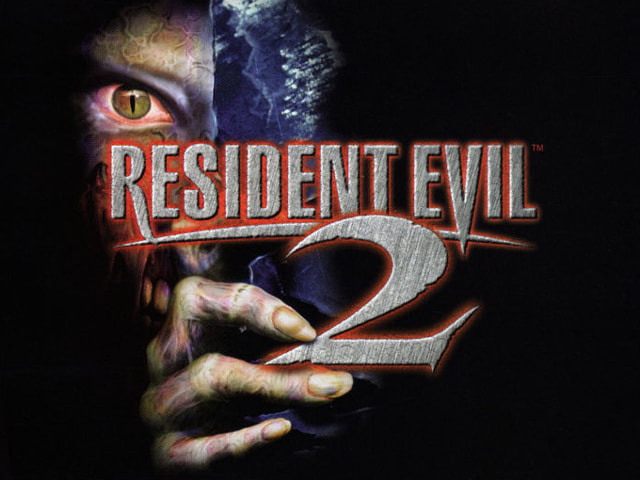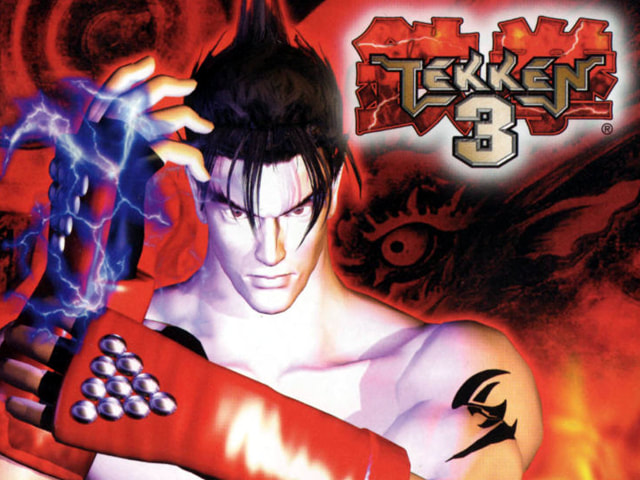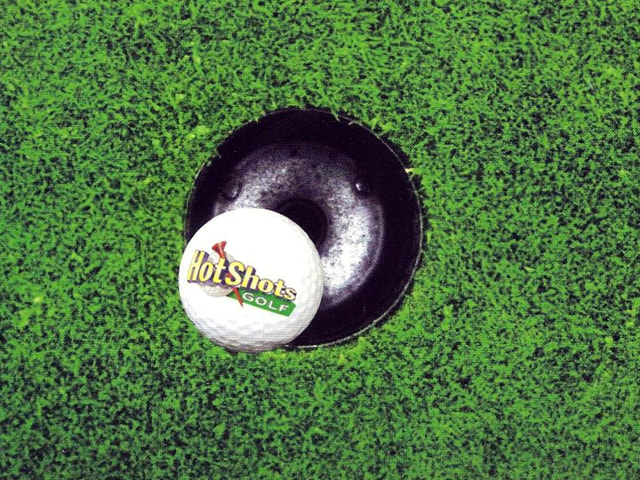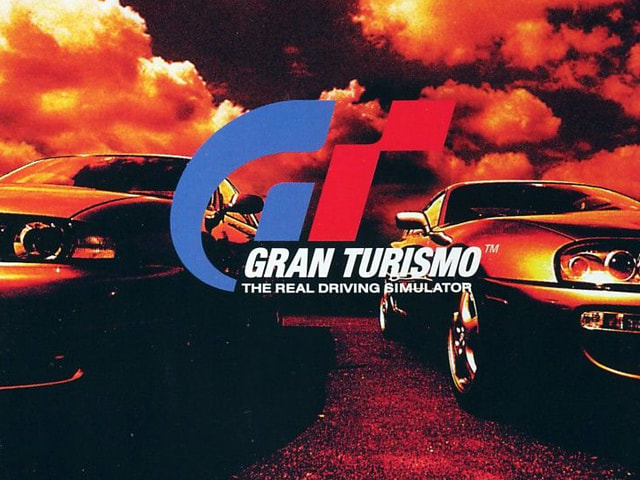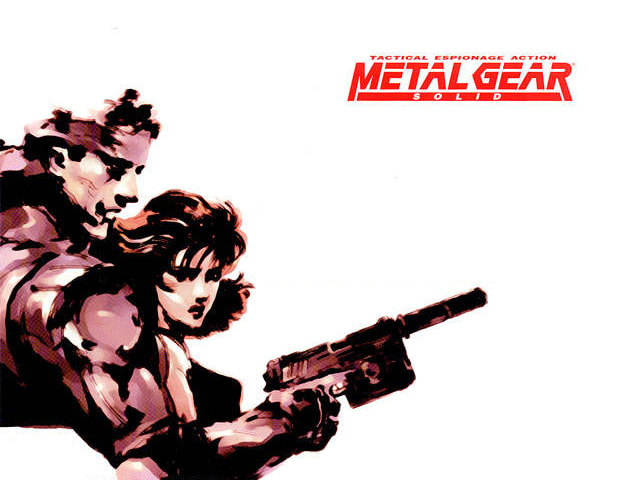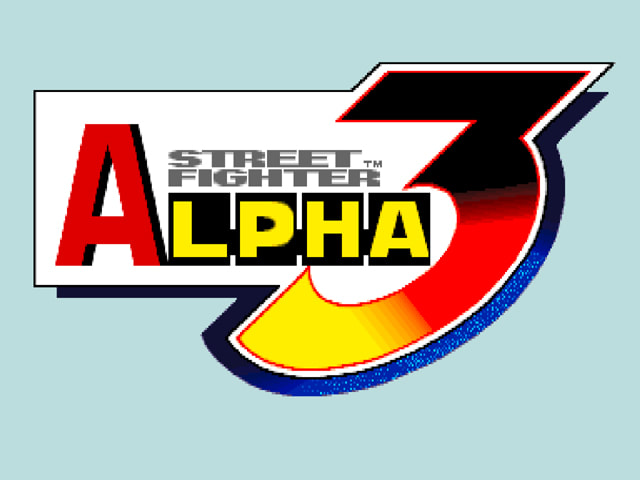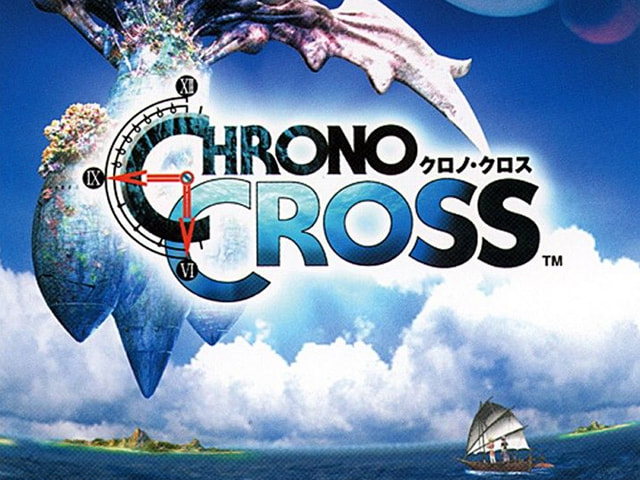Sony first began their foray into game consoles in the late 1980s when they entered into a partnership with Nintendo to create a CD-ROM add-on called the Play Station for the upcoming Super Nintendo console. The partnership was rocky though, particularly when Nintendo went behind their back to form another partnership with Sony's competitor Philips. At one point Sony even approached Sega with a proposal to a similar partnership to the one they had with Nintendo, but Sega, unfortunately, declined. Eventually, Sony decided to abandon the project altogether in favor of creating their very own gaming system for the next console generation. This, of course, is what would go on to become the PlayStation.
After settling on engineering the console to specialize in handling three-dimensional polygonal graphics, Sony then had to figure out how to get games made for its system. For this, they mainly relied on securing hundreds of deals for third-party games, both exclusive and multi-platform. In addition, they also acquired the British video game company Psygnosis which, along with creating the fantastic wipEout series for them (one particularly excellent entry of which appears on our list below), also had the unintended benefit of resulting in a more economical, dedicated game development system for their new console.
Finally, Sony needed to figure out how to get a jump on the already long-established competition. They accomplished this in two ways. With Nintendo, they primarily did this simply by beating them to market, since their next generation Nintendo 64 console wasn't even ready for release until the following year. And with Sega, they simply found a way to capitalize on their blunders, particularly by undercutting them on price. By selling the PlayStation for $100 less than Sega's Saturn, they made it a lot more attractive to otherwise undecided console shoppers who couldn't quite see the additional cost benefit of Sega's offering.
Even with a leg up though, without the right games, the PlayStation brand wouldn't have lasted very long. But great games are something that every PlayStation console has always had in spades. Read on for our list of 12 of the best ones the original PlayStation had to offer.
But this list is all about experiences that could only be found on the PlayStation, and the original Wipeout was unfortunately, not an exclusive. Its 1996 sequel, however, was (at least for the first year it was out). It was also a major improvement over the original in just about every way possible, with the one notable exception being the head-scratchingly stupid name change for the North American version of the game (wipEout 2097 is a much cooler title than wipeout XL). Whatever you want to call the game though, it was still a smash hit that even today is looked back upon by fans and critics alike as the very best entry the series has to offer.
But Symphony of the Night was a departure in more ways than just the system it appeared on. It also managed to shake things up by successfully merging the same type of satisfying, action-oriented monster-slaying castle exploration that the series was already famous for with RPG elements and a non-linear open world map similar to what had been seen in the slightly-less-popular second NES installment, Simon's Quest. Being a PlayStation release also meant that the graphics were a vast improvement over most of those earlier releases as well. In addition to which, at a time when three-dimensional gaming had become the hot new trend, Symphony of the Night was a testament to the fact that 2D still had plenty to offer.
After the overwhelming success of the PlayStation, Sony then went on to dominate the next console generation with their follow-up, the PlayStation 2. A system which would actually play a fairly significant role in knocking longtime industry titan Sega out of the console business altogether. Even though Microsoft quickly rose up to take Sega's place in the console wars with their own impressive Xbox brand of consoles, Sony has mostly been able to retain their throne as the industry king. And it all started 24 years ago with the original PlayStation.

